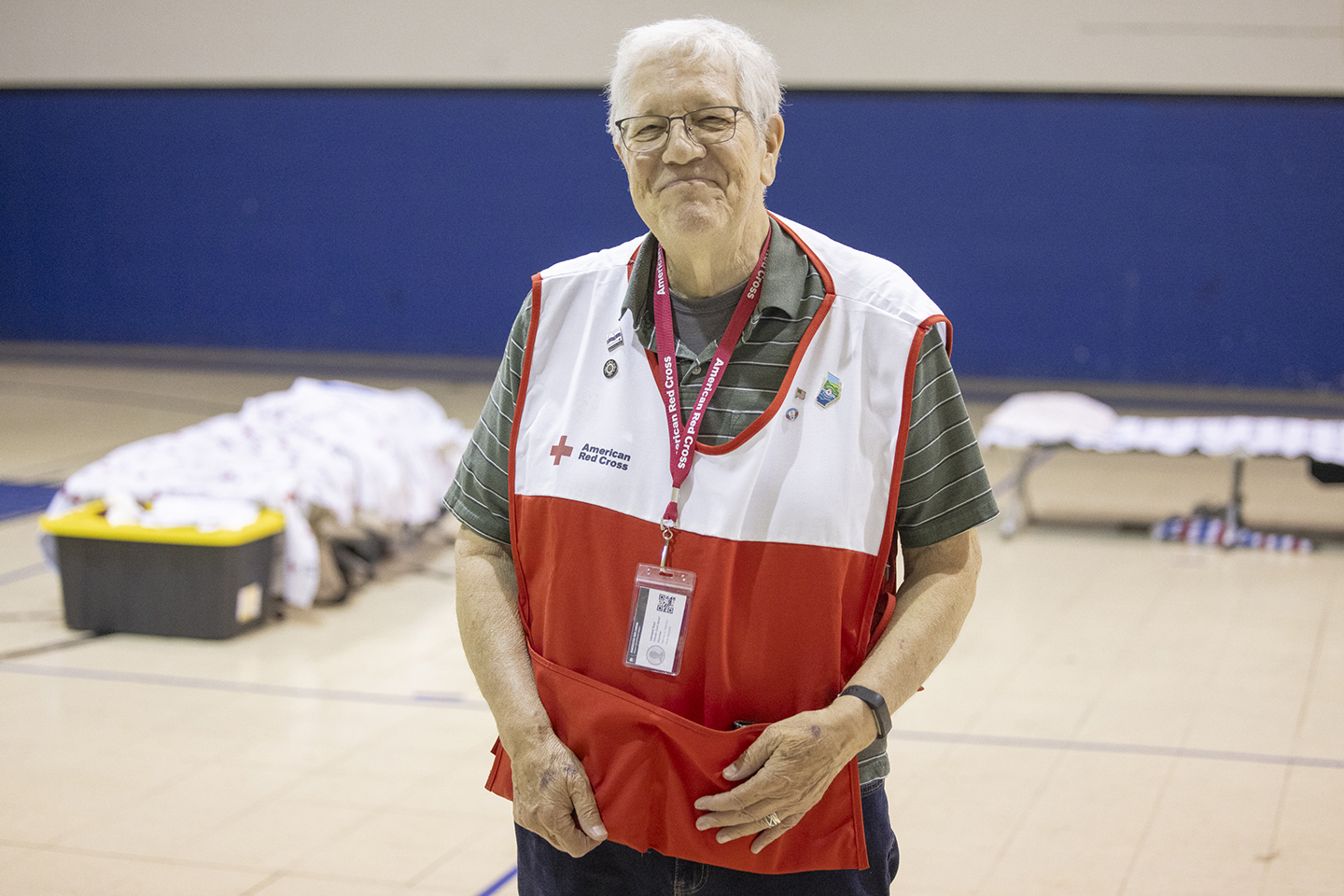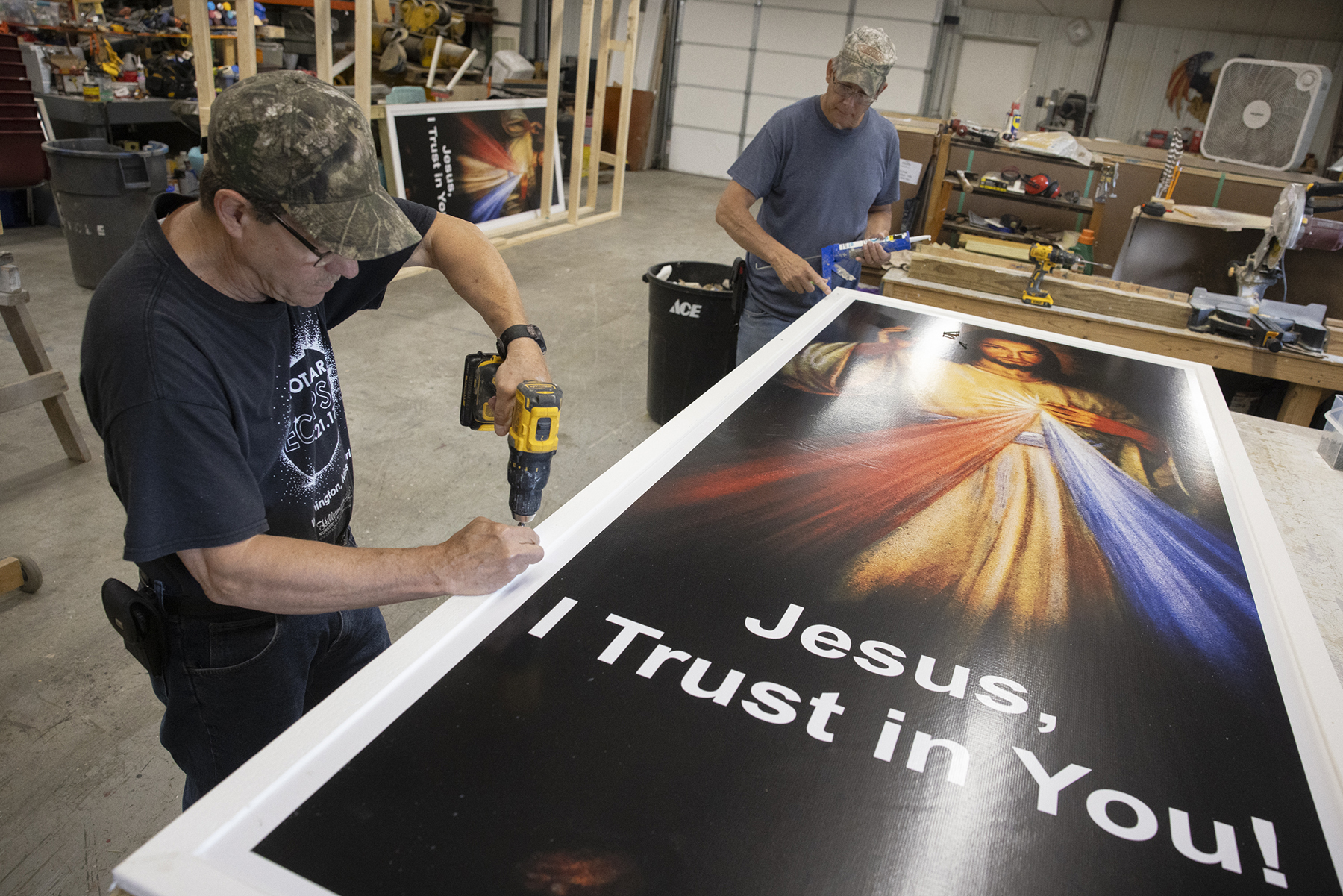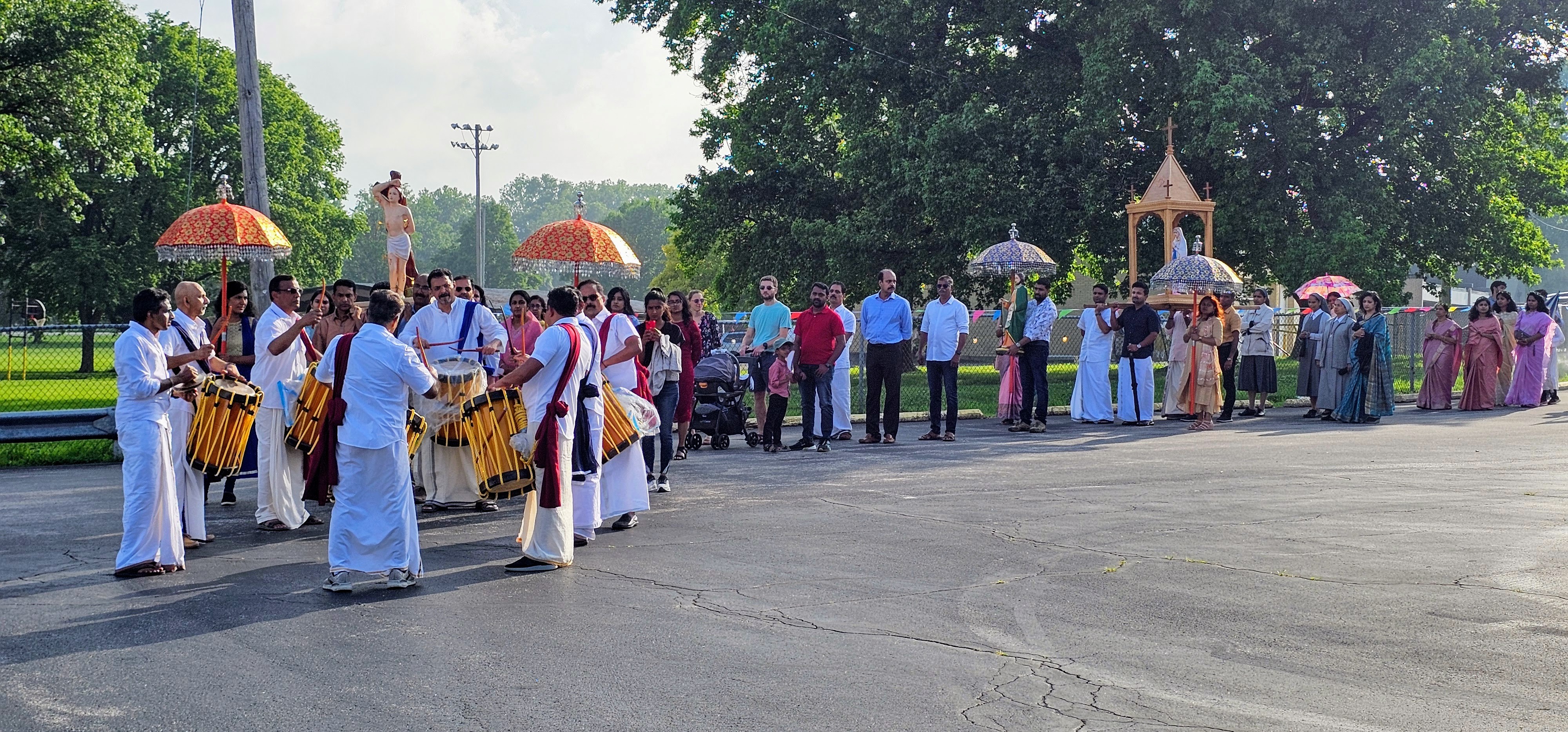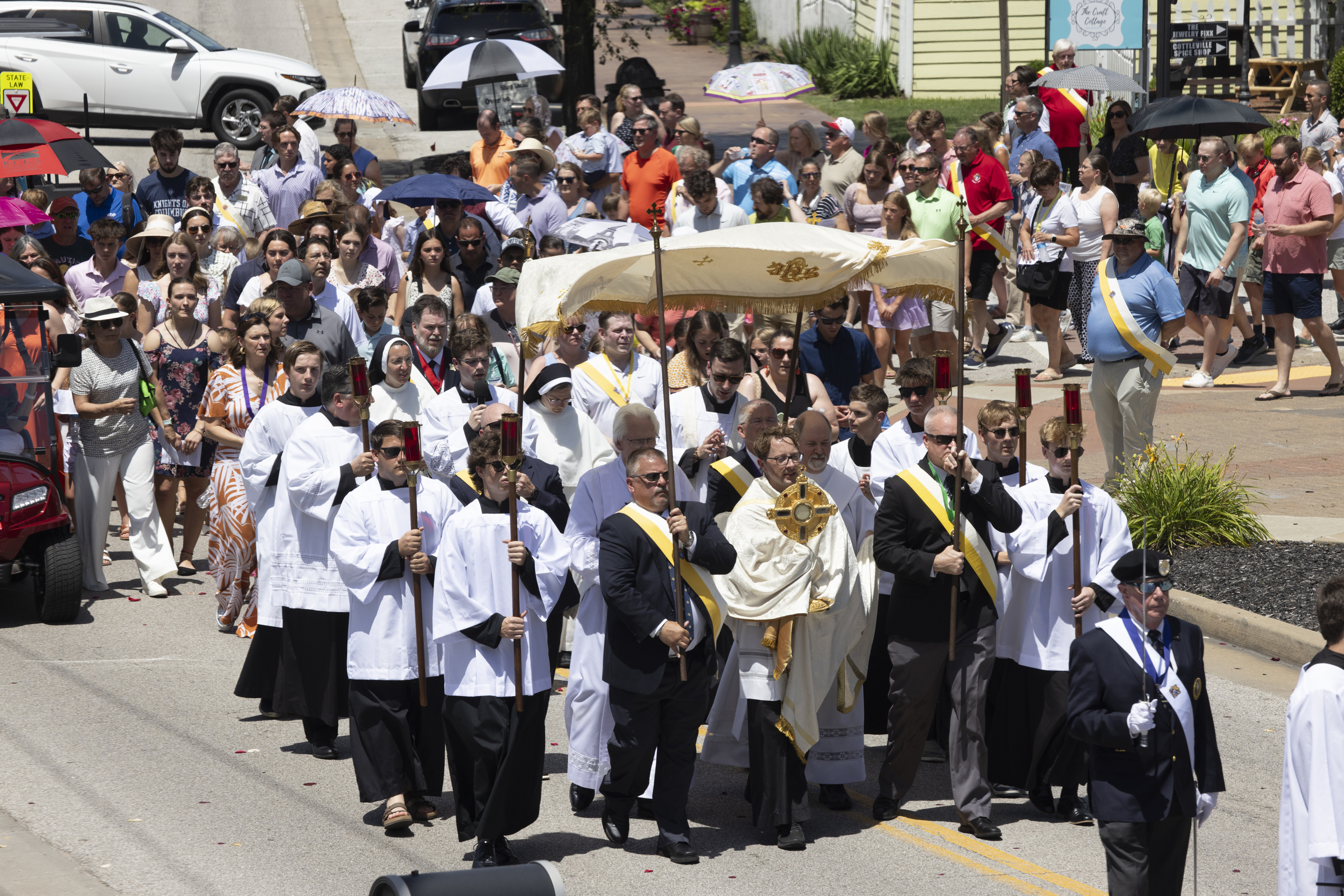Editorial | Build a better world
Voters are called to develop a well-formed conscience, act on it
“The Church equips its members to address political and social questions by helping them to develop a well-formed conscience. …Conscience is not something that allows us to justify doing whatever we want, nor is it a mere ‘feeling’ about what we should or should not do. Rather, conscience is the voice of God resounding in the human heart, revealing the truth to us and calling us to do what is good while shunning what is evil.”
“Forming Consciences for Faithful Citizenship” (no. 17), U.S. Conference of Catholic Bishops (USCCB)
Catholics are urged to evaluate policy positions, party platforms and candidates’ promises and actions in order to build a world shaped by the Gospel. They’re called to run for office, work within political parties and communicate concerns to elected officials. It’s an ongoing responsibility, not just an election-year duty.
The four principles of Catholic social doctrine include the dignity of the human person, the common good, subsidiarity and solidarity. Taken together, these principles provide a moral framework for Catholic engagement in advancing a “consistent ethic of life” (USCCB’s “Living the Gospel of Life,” no. 22).
This ethic doesn’t treat all issues as morally equivalent; nor does it reduce Catholic teaching to one or two issues. It anchors the Catholic commitment to defend human life and other human rights, from conception until natural death, in the fundamental obligation to respect the dignity of every human being as a child of God.
As the bishops state, Catholic voters should use Catholic teaching to examine candidates’ positions on issues and should consider candidates’ integrity, philosophy and performance. All citizens need“to see beyond party politics, to analyze campaign rhetoric critically, and to choose their political leaders according to principle, not party affiliation or mere self-interest” (“Living the Gospel of Life,” no. 33). The four principles highlight several themes of Catholic social teaching for special consideration: human rights and responsibilities, respect for work and the rights of workers, care for God’s creation, and the preferential option for the poor and vulnerable. Other points from the document are:
• Human life is sacred because every person is created in the image and likeness of God.
• The family, based on marriage between a man and a woman, is the fundamental unit of society. This sanctuary for the creation and nurturing of children must not be redefined, undermined or neglected.
• Human dignity is respected and the common good is fostered only if human rights are protected and basic responsibilities are met. Every human being has a right to life, a right to religious freedom and a right to have access to those things required for human decency — food and shelter, education and employment, health care and housing. Corresponding to these rights are duties and responsibilities — to ourselves, to our families and to the larger society.
• Our Catholic commitment to solidarity requires that we pursue justice, eliminate racism, end human trafficking, protect human rights, seek peace and avoid the use of force except as a necessary last resort.
The bishops don’t tell Catholics whom to vote for. Specific political choices rests with each person and his or her properly formed conscience, aided by prudence. This exercise of conscience begins with opposing policies that violate human life or weaken its protection. Use your political choices, values and votes to help build a better world. Visit www.bit.ly/1x0iAdI for more information.
“The Church equips its members to address political and social questions by helping them to develop a well-formed conscience. …Conscience is not something that allows us to justify doing whatever … Editorial | Build a better world
Subscribe to Read All St. Louis Review Stories
All readers receive 5 stories to read free per month. After that, readers will need to be logged in.
If you are currently receive the St. Louis Review at your home or office, please send your name and address (and subscriber id if you know it) to subscriptions@stlouisreview.com to get your login information.
If you are not currently a subscriber to the St. Louis Review, please contact subscriptions@stlouisreview.com for information on how to subscribe.







